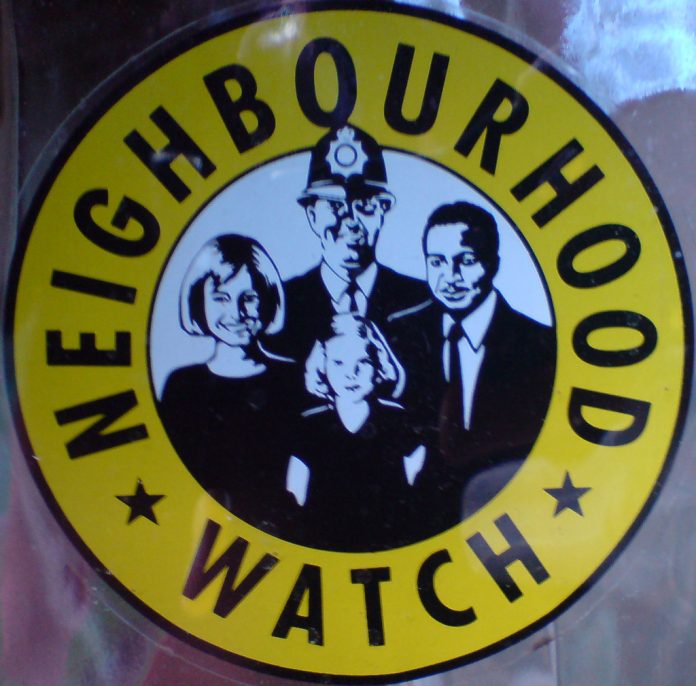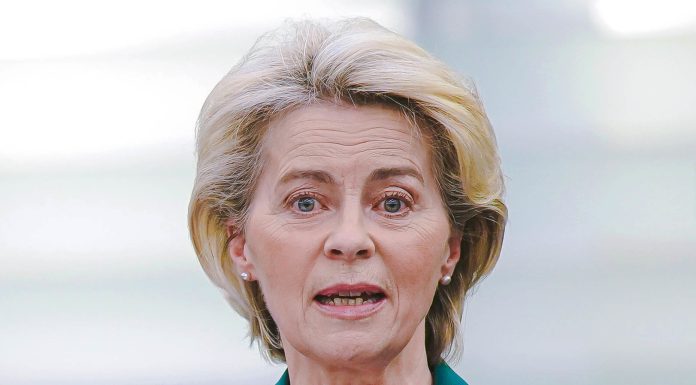Every month, Brussels Report’s editor-in-chief Pieter Cleppe provides an update on how EU interactions with its economically most important neighbours, the United Kingdom and Switzerland, have been going.
At the end of February, the Swiss government confirmed once and for all that the EU’s desired framework treaty approach “is no longer being considered”. This follows years of attempts by the EU to push Switzerland to convert more than 120 separate treaties into a comprehensive one, alongside the same principles, covering everything from access to labour markets to energy supply and research. Instead, the Swiss government is now willing to “anchor the different aspects in each individual single market agreement”, hoping that this would convince the EU to not let the more than 120 agreements, which provide market access, to expire, while offering to negotiate more market access, for example to the EU energy market.
This so-called “vertical approach” would involve enshrining “the dynamic updating of Swiss-EU bilateral agreements, dispute settlement, exceptions and safeguard clauses” in the respective bilateral agreements. The Swiss government also makes clear it is not above smoothing a deal with some cash, as it states it “is also prepared to consider continuing the Swiss contribution as part of its negotiating package”.
In this respect, a GFS opinion poll in Switzerland makes clear that Swiss citizens – at least 80 percent of them – are happy for Switzerland to negotiate taking over EU regulations, as long as the “Referendumsrecht” or the ability to subject the arrangement to a referendum is preserved. If not, only 18 percent is still prepared to consider this. Interestingly, a surprisingly high amount of 67 percent would be open towards a role for the European Court of Justice in disputes regarding bilateral agreements. The question is whether so many would still be in favour when realizing there is no Swiss representation here.
Was die Schweizer Stimmberechtigten im Verhältnis zur Europäischen Union befürworten, und was sie ablehnen.https://t.co/mOvv3Btl3B@gfsbern pic.twitter.com/8WgucLuzm7
— Claude Longchamp (@claudelongchamp) March 4, 2022
Former EU Commission chief Jean-Claude Juncker once described Richard Szostak, the EU official now tasked to sort out the EU relationship with Switzerland, as “someone who makes the impossible possible”. We will see. The Swiss government should in any case be careful not to give the EU Commission false hopes about the sovereignty Swiss citizens are willing to sacrifice. According to some, like former EFTA Court President Professor Carl Baudenbacher, this was the reason why EU-Swiss talks eventually collapsed last year.
"Is Switzerland considering to join the European Economic Area (EEA)?"
New article, by Prof. Carl Baudenbacher, former President of the EFTA Court:https://t.co/vAFLaPXF4P#EEA #EFTA #EU #Swiss @C_Baudenbacher @EFTAsecretariat
— BrusselsReport.EU (@brussels_report) March 17, 2022
The effect of the war
Also very important was the Swiss u-turn over sanctions against Russia, after Switzerland first did not fully join the EU and the United States on this. For Switzerland, it is not easy to walk a tightrope between showing solidarity with the West and maintaining its neutrality. Then also Sweden, Finland and Ireland violated their strict independence policies by agreeing to the EU financing up to 450 million euro in weapon deliveries to Ukraine. At least the Swiss franc isn’t very concerned. This month, it reached parity with the euro for the first time since the Swiss Central Bank abandoned its minimum target for an euro exchange rate of 1.20 francs in January 2015.
The war drums were also the reason for the United Kingdom to step back from suspending the Northern Ireland trade protocol, which may have risked a trade war with the EU, at least for now. As a reminder, this protocol foresees checks inside the UK, between mainland UK and Northern Ireland, something which is very hard to accept for the UK side, but which is necessary to avoid checks between Ireland and Northern Ireland . Upcoming elections in Northern Ireland in May do not make the situation easier.
One UK government insider disclosed: “The whole of government is entirely focused on the Ukraine war, there’s very little ministerial capacity for anything else.” Some UK Conservative MPs who have been briefed on the thinking by UK PM Boris Johnson reportedly think he was planning to suspend the protocol but only in a few limited areas, like food items, given how there, it is “very difficult for the EU to argue against without looking unreasonable.” This debate will come back, in any case. The EU has a point that the UK signed up to these checks, but examples like the Northern Ireland’s Jewish community struggling to import kosher products from mainland UK indicate that some more EU flexibility is needed.
Maybe one would think it is for the better that it is only sorted after the Northern Ireland local elections, but the leader of the Northern Irish “Unionist” DUP, Jeffrey Donaldson, has pledged not to go back to the Northern Irish Parliament unless the Northern Irish protocol is ripped up entirely. As always, one can only underestimate how sensitive things are over there.
Another point of tension between the EU and the UK is the ECJ – yes, again – ruling that the UK must compensate the EU for failing to crack down on import fraud between 2011 and 2017, following a European Commission complaint that importers into the UK would have evaded a large number of customs duties with false invoices and artificially low value declarations for Chinese textiles and footwear during all these years. This would amount to a loss to the EU budget of about 2.7 billion euro. Not something to make things easier between the EU and the UK, to say at least.
Then, at the end of the day, the Russian aggression is obviously on top of everyone’s mind. In the grand scheme of things, these are little skirmishes, just like the ongoing tensions between France and the UK over irregular migration. Putin may have been believing his own propaganda that the West would be terribly divided and in full admiration of his own model of governance. It didn’t really work like this. In only a few days, Western nations casted aside any differences to impose crushing sanctions on Russia. Whether these will work to stop Putin, who has digged himself into a hole, is another question, but one thing is certain: when things really matter, the West stands united.
A version of this article was originally published by Swiss magazine Nebelspalter.













